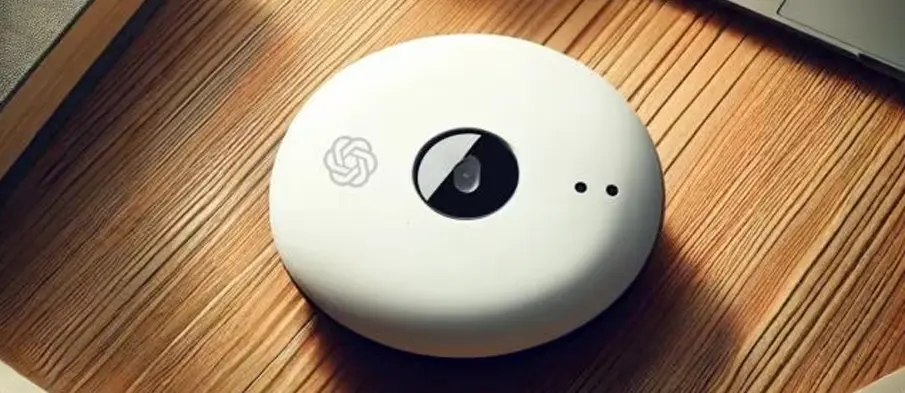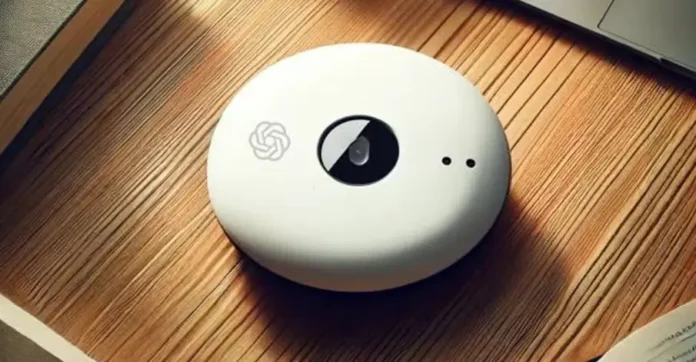
OpenAI is set to make a major leap into the hardware space with the acquisition of iO Products, the startup founded by iconic designer Jony Ive, in a $6.5 billion deal. Ive, the creative force behind the original iPhone, will now serve as Creative Head at OpenAI, steering the company’s vision for developing devices crafted specifically for the age of artificial intelligence.
According to The Wall Street Journal, OpenAI CEO Sam Altman shared a sneak peek of this ambitious initiative with employees on May 21, calling it potentially “the biggest thing we’ve ever done as a company.” Altman revealed that the goal is to eventually ship 100 million AI companions, devices designed to seamlessly integrate into daily life. He reportedly claimed that this move could unlock up to $1 trillion in value for the company.
A New Kind of Device—Beyond Phones and Screens
While full details remain under wraps, Altman and Ive hinted that the upcoming device will not be a smartphone or wearable glasses. Instead, it’s described as a discreet, portable companion—something small enough to fit in a pocket or rest on a desk, yet powerful enough to be deeply aware of a user’s environment and daily life. It’s being envisioned as the “third device” after laptops and smartphones—ushering in a new design philosophy that minimizes screen dependency.
The initial product is rumored to feature microphones and cameras, but notably no display, reflecting a shift toward ambient computing—AI that works in the background without demanding visual attention. Analyst Ming-Chi Kuo revealed that the prototype resembles a larger version of the Humane AI Pin, and may even be worn around the neck, akin to an iPod Shuffle. Kuo estimates that mass production could begin in 2027, with Vietnam being considered as the manufacturing hub to minimize geopolitical risks.
Shifting Focus from Google and Embracing “Physical AI”
Some observers believe the timing of this announcement is strategic, meant to counter the buzz generated by Google’s recent I/O event and its aggressive AI ecosystem integrations. As Google expands its dominance in software-driven AI tools, OpenAI appears to be betting on hardware to carve a new frontier in consumer AI experiences—what many are calling “physical AI.”
This collaboration aligns with the ethos of computing pioneer Alan Kay, who famously said, “People who are really serious about software should make their own hardware.” That vision now seems to be materializing at OpenAI, with Ive’s design firm LoveFrom—already involved in developing generative AI hardware—taking center stage.
As the AI landscape continues to evolve rapidly, OpenAI’s bold foray into hardware signals a future where intelligent devices won’t just respond to users—but will actively accompany them, anticipating needs and seamlessly blending into the fabric of daily life.





